Dr K. Mergia is Research Director and scientific responsible and co-ordinator for the Materials Science Programme of the EUROfusion Programme of the Hellenic Research Unit. She is a member of the Fusion for Energy (F4E) Governing Board. She has represented Greece in the Εuropean Fusion Development Agreement Steering Committee and Technology Subcommittee. She is member of the reviewer panel at the Ion Beam Centre of the Helmholtz-Zentrum Dresden-Rossendorf, Germany and national representative in the European Neutron Scattering Association (ENSA) since 2008.
Her research topics refer to radiation damage studies, plasma facing materials and components, phase transformations and transport phenomena, ceramic-metal interactions, surface oxidization phenomena, material engineering (porosity, internal stresses, oxidation barriers, materials joining) and magnetic materials (FeCr alloys and steels, magnetic thin films, spin-glasses).
She has been scientific responsible and work-package leader for several European and IAEA projects and tasks of the European Fusion Programme. The total funding obtained for these projects was 4.5 M€ (2003-2020). Research areas of these projects are on fusion materials, materials for extreme environments and aerospace materials and components.
She has authored more than 70 publications in peer reviewed journals, more than 80 publications in conference proceedings and more than 100 scientific reports. She is acting as a referee in 12 journals. She has strong collaborative links with many eminent European Research Centres and Universities such as Rutherford Appleton Laboratories, UK, SCK CEN, Belgium, Culham Centre for Fusion Energy, UKAEA, UK, Helmholtz-Zentrum Dresden-Rossendorf, Germany, TECNALIA Research and Innovation, Spain, Technical University of Turin, Italy, Polish Academy of Science, Institute of Physics, Poland. These collaborative links have been materialized through common publications and research projects.
She developed extensive laboratory facilities for the investigation of the structure and nanostructure of materials, mechanical properties, defects and impurities in materials, electrical properties of materials, sample fabrication and metallography laboratory, cryogenic/high temperature systems.

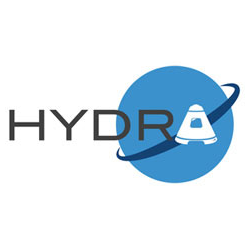
HYDRA aims the development of hybrid thermal protection systems (TPS) for their use in space applications with extreme oxidative environments and high temperature resistance, such as hot parts of space vehicles for orbital entry, planetary probes and NEO exploration. HYDRA is addressed to the int...
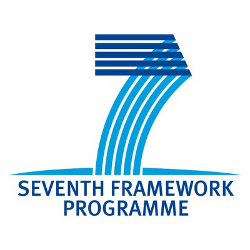
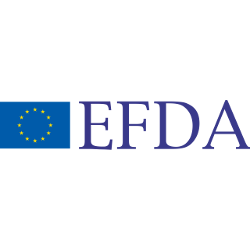
Scientific Coordination of the tasks:
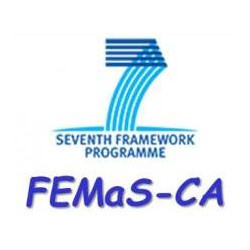
The timely availability of qualified materials for use in fusion power reactors is a necessity for the fast deployment of fusion power. 27 European institutions have joined together in the FEMaS-CA to advance fusion materials science in Europe and in close cooperation with EFDA, the European Fusion ...
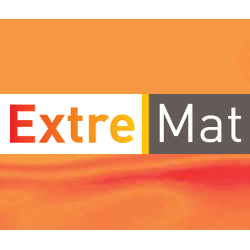
Τhe ExtreMat Integrated Project targeted on the creation of new multifunctional materials being beyond reach with conventional incremental materials development only. Based on an integrated approach, ExtreMat will dramatically pushed forward the limits in materials technology and provided and indust...
